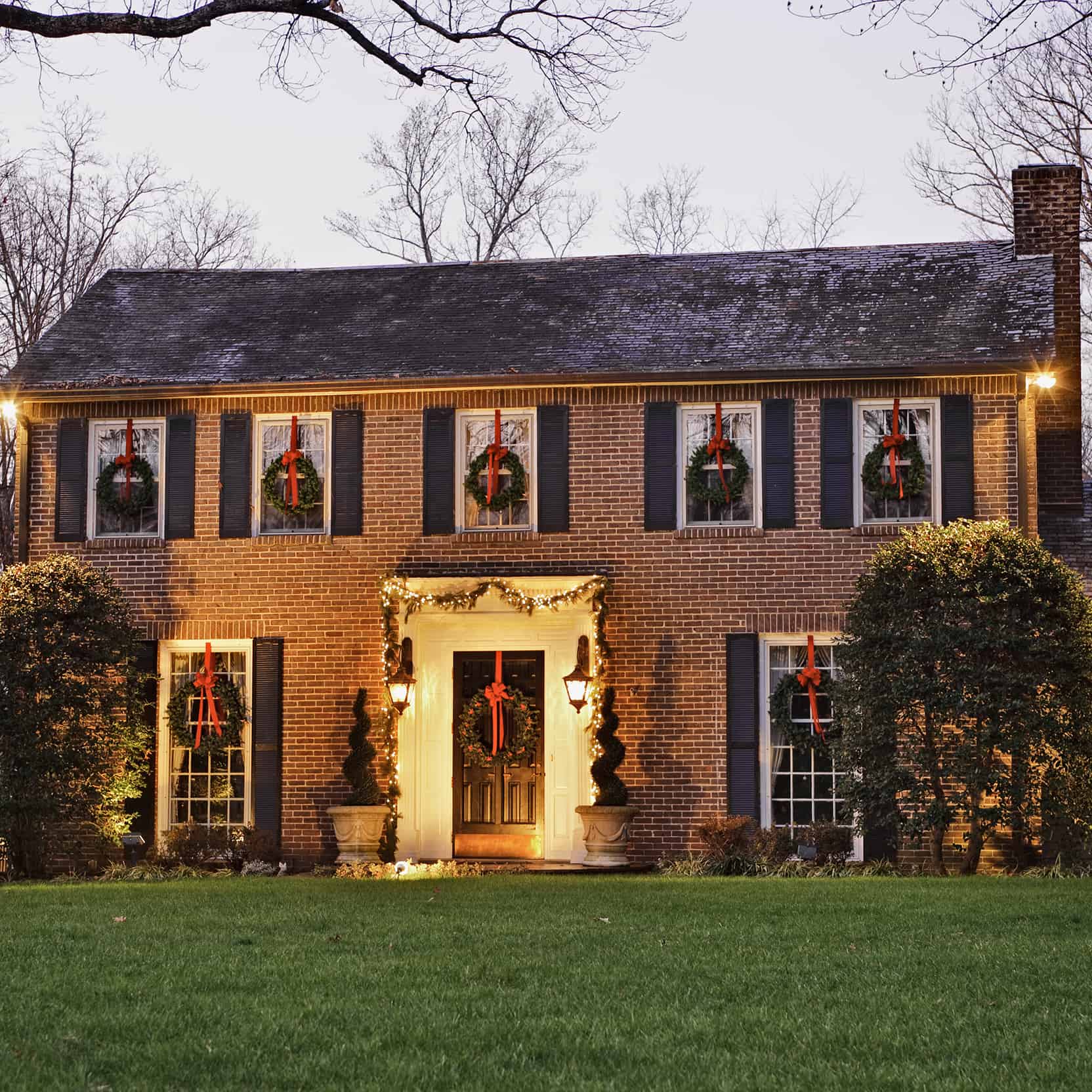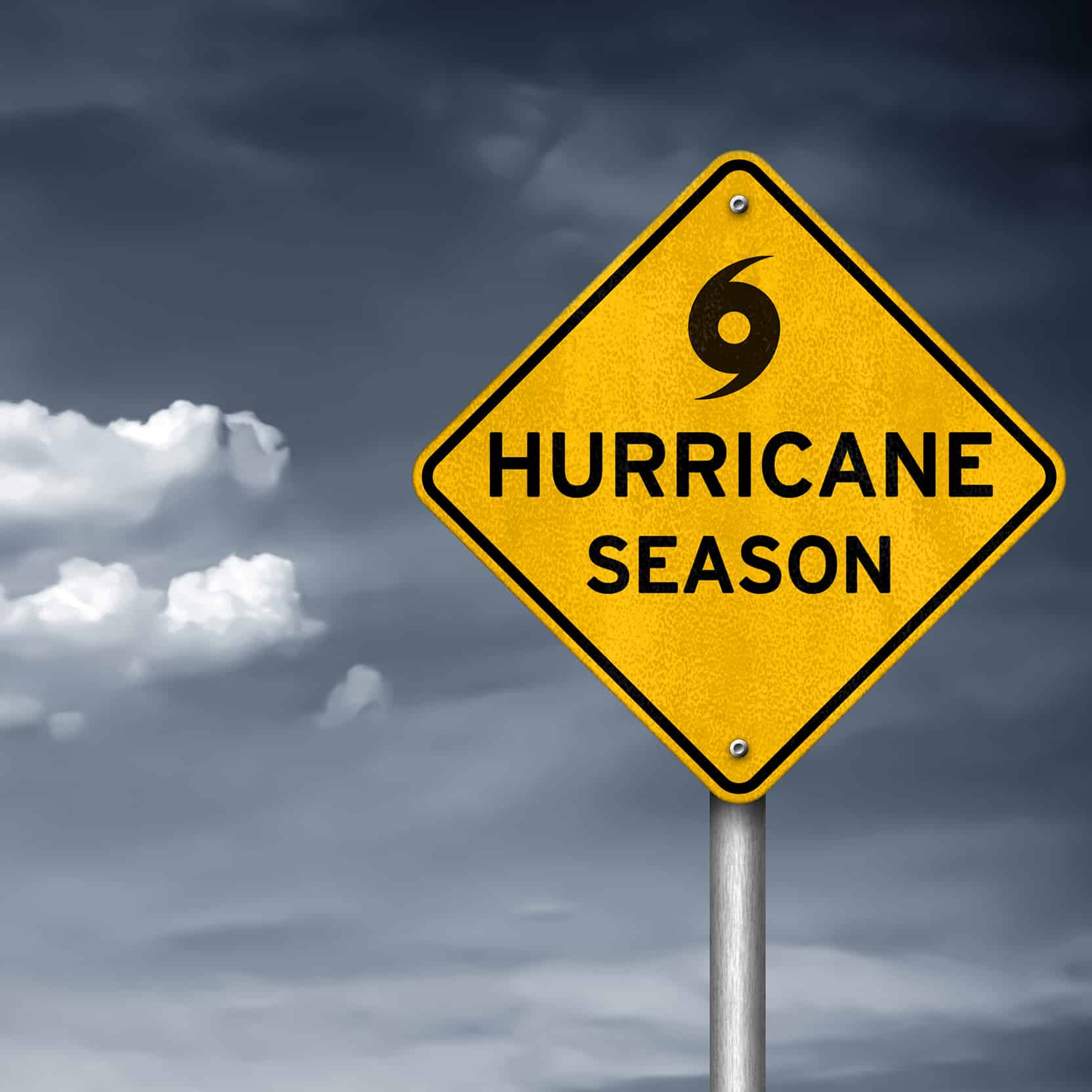
Last Updated on October 6, 2022
Ah, the holidays. Some of you are giddy with excitement, and some of you might be mumbling bah-humbug already. I know this. So, it seemed like a good time to offer some tips for helping you navigate parties and guests, while keeping your risks to a minimum.
I caught up with Robin Price, president, Allen Tate Insurance, and asked her how to get “merry and bright” right when it comes to insurance coverage.
Before the festivities get started
You can go ahead and deck the halls, but before you host a holiday dinner or throw a big party, check your property insurance (e.g., homeowners, renters, condominium) for property damage and liability coverage. Remember, it doesn’t matter whether you invite one guest or a hundred guests to your gathering, it never hurts and will only take a few minutes to be sure you have adequate coverage.
“You’ll be glad you did if one of your partygoers decides to get behind the wheel after having one too many cocktails,” Robin advises. “Ask your insurance agent to interpret the policy language and explain what coverage you have and what coverage you might need. Your agent may suggest that you purchase a personal liability umbrella policy for added protection,” she added.
A personal liability umbrella policy (PLUP) is referred to as an excess liability policy:
- Typically, umbrella policies require a minimum liability limit of $250,000 per individual and $500,000 per event (even higher in some states) on your auto and homeowners policies.
- In case of loss, your underlying coverage would pay first.
- If damages exceeded this limit, the umbrella policy covers the excess (Up to the policy limit).
- Umbrella policy liability coverage limits generally start at $1 million and can go to $10-$20 million (or more).
- Premiums for this coverage are actually pretty affordable. Check with your agent.
“But whether you already have an umbrella policy or are getting one, make sure to check with your insurance agent on the rules and regulations of your particular umbrella policy. Depending on the insurance company, your umbrella coverage may not protect you if you intentionally serve an individual whom you knew was already intoxicated,” Robin emphasized.
When renters and condominium owners celebrate
If you rent an apartment, own a condo or a co-op apartment, don’t assume you’re covered by the building policy. In most cases, the building policy only covers common areas for liability and physical damage. It doesn’t cover your personal property or protect you against personal liability claims that might result from a party you host.
If you are a renter, and don’t have renters insurance, go ahead and contact your agent and get that going. It is generally less expensive than a homeowners policy, and protects your belongings in case of theft, damage, personal injuries, and personal injury claims, up to the limits you select.
If you own a condominium or a co-op, look into an HO-6, a homeowners policy tailored to your needs. Take a moment to review your condominium or co-op association’s master policy for good-to-know information about what your responsibilities are if something happens. You know, just be sure.
Be the host with the most—good sense
“It doesn’t matter if you’re cooking a Thanksgiving dinner for 25 friends and family, or rockin’ in the New Year with a few neighbors, you need to be careful when it comes to serving alcohol,” Robin said. “In many states, you could be held legally responsible for the actions of anyone who drinks in your home.”
You’ve seen it. Even with one drink, your guests’ judgment may become, let’s just say, compromised. As the host, you’ll want to either ask for their car keys and call a cab, or brew some coffee and close the bar. I like to tell my guests right as the festivities begin that this can and will happen. That way, no one gets scrooged, and the mood stays festive, but not crazy, until the end of the evening.
“Because,” Robin continued, “as the named ‘social host,’ you may have a duty under the law to prevent your guests from drinking too much and then getting behind the wheel or engaging in other possibly hazardous activities. For instance, if your friend hurts someone because he drank too much at your party, the person he injured could sue you for things like medical expenses, vehicle repairs, and other losses, simply because that person drank at your party.”
So, I for one plan to try avoid any “hold my beer” moments, unless it’s a good chance to subtly switch it out for some alcohol-free ginger beer. Which happens to be very tasty if you’re looking for some options in that direction.
And although it probably goes without saying, never serve alcoholic beverages to guests who are younger than your state’s legal drinking age.
Note: Laws vary from state to state. Whether you could be held liable for the actions of an intoxicated guest depends upon state law and individual facts and circumstances. Contact an attorney to find out more about your legal responsibilities in your state.
What to know when you bring in the pros
Check with any professional bartenders or caterers, hired to help with your holiday party, for liability insurance coverage, but be aware their policies may not protect you:
- Ask how much insurance coverage they have and whether you can be named as an additional insured on their policy.
- Understand what specific situations are covered and what exclusions may apply.
- Before you sign the contract or they begin set-up, put your eyeballs on a certificate of insurance.
- Call their insurer to confirm the policy is in force.
These are necessary steps. Get them behind you so you can get on with the party.
“Typically, their policies state that you must be specifically named on the policy to be covered in the event of an accident,” Robin explained. “For instance, if one of your guests has too much to drink and goes out and injures someone, the injured person could sue you, your guest, and the bartender who served the drinks. But if you are named on your bartender’s liability policy, your bartender’s insurance company should defend you in the event you are sued, as a first layer. Otherwise, you would need to rely on your homeowners and umbrella liability policies.”
Should an incident occur:
- Make sure you notify your insurer right away, even if you believe you are covered under the professional’s liability policy.
- If you don’t provide ‘timely notice,’ your insurer may have grounds to disclaim coverage, and you could be left with no protection against a pending lawsuit.
Slap happy
Throwing the best party ever means keeping your guests safe as well as happy. When I know conversation won’t be the only thing flowing, I have a supply of those “slap bracelets” at the door, and I slap one on each carload’s designated driver. It’s fun and effective.



